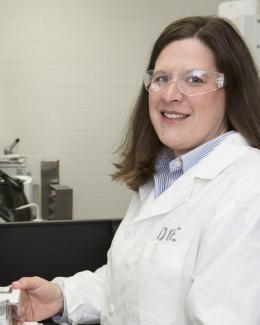Abstract
Clostridium thermocellum rapidly deconstructs cellulose and ferments resulting hydrolysis products into ethanol and other products, and is thus a promising platform organism for the development of cellulosic biofuel production via consolidated bioprocessing. While recent metabolic engineering strategies have targeted eliminating canonical fermentation products (acetate, lactate, formate, and H2), C. thermocellum also secretes amino acids, which has limited ethanol yields in engineered strains to approximately 70% of the theoretical maximum. To decrease amino acid secretion, we attempted to reduce ammonium assimilation by deleting the Type I glutamine synthetase (glnA) in C. thermocellum. Deletion of glnA reduced levels of secreted valine and total amino acids by 53% and 44% respectively, and increased ethanol yields by 53%. RNA-seq analysis revealed that genes encoding the RNF-complex were more highly expressed in ΔglnA and may have a role in improving NADH-availability for ethanol production. While a significant up-regulation of genes involved in nitrogen assimilation and urea uptake suggested that deletion of glnA induces a nitrogen starvation response, metabolomic analysis showed an increase in intracellular glutamine and α-ketoglutarate levels indicative of nitrogen-rich conditions. We propose that deletion of glnA causes deregulation of nitrogen metabolism, leading to overexpression of nitrogen metabolism genes and, in turn, elevated glutamine/α-ketoglutarate levels. Here we demonstrate that perturbation of nitrogen assimilation is a promising strategy to redirect flux from the production of nitrogenous compounds toward biofuels in C. thermocellum.



